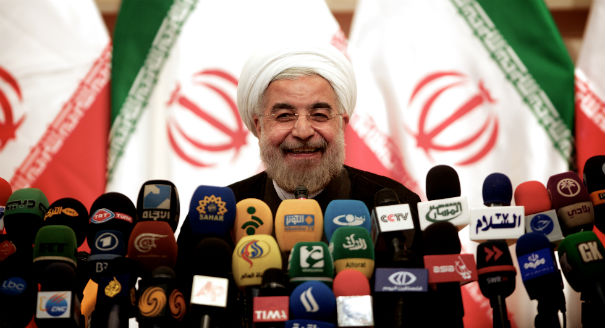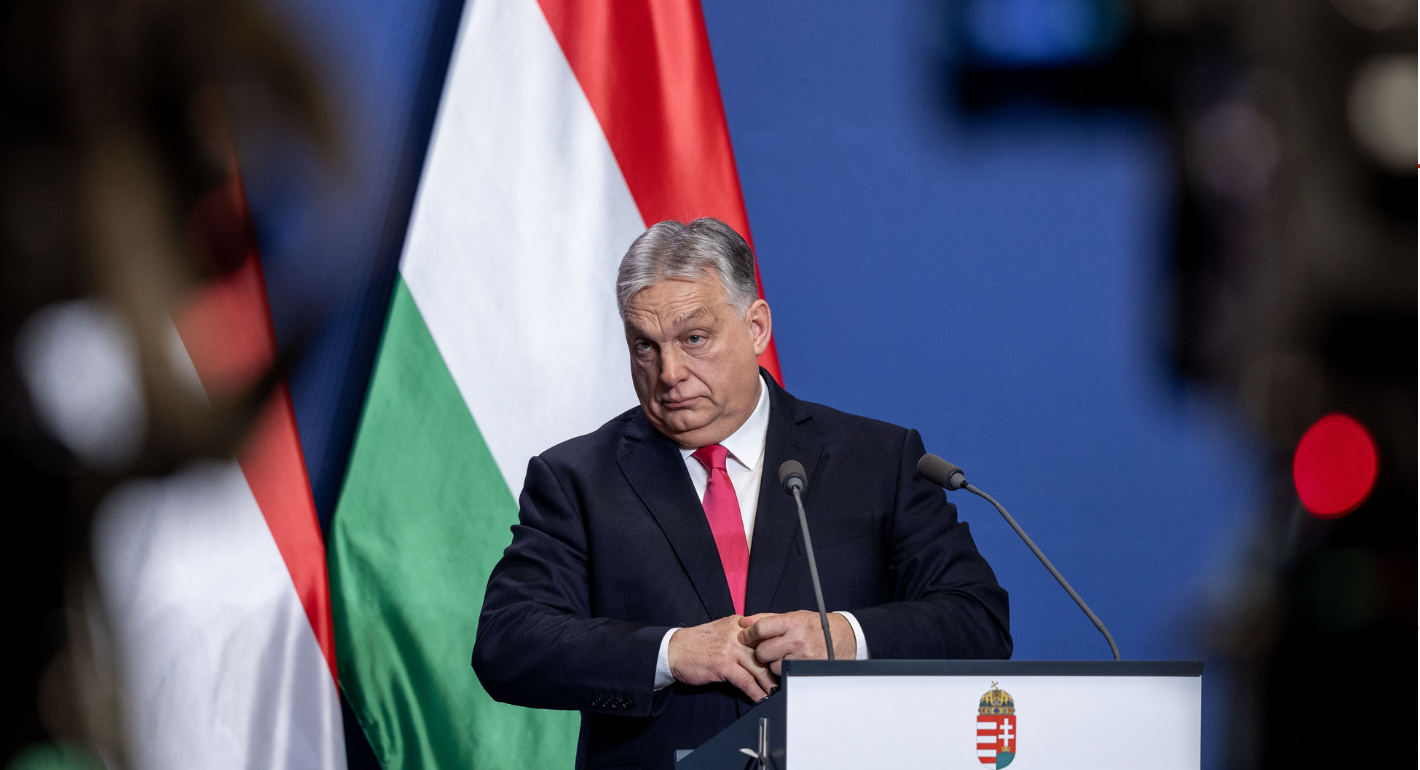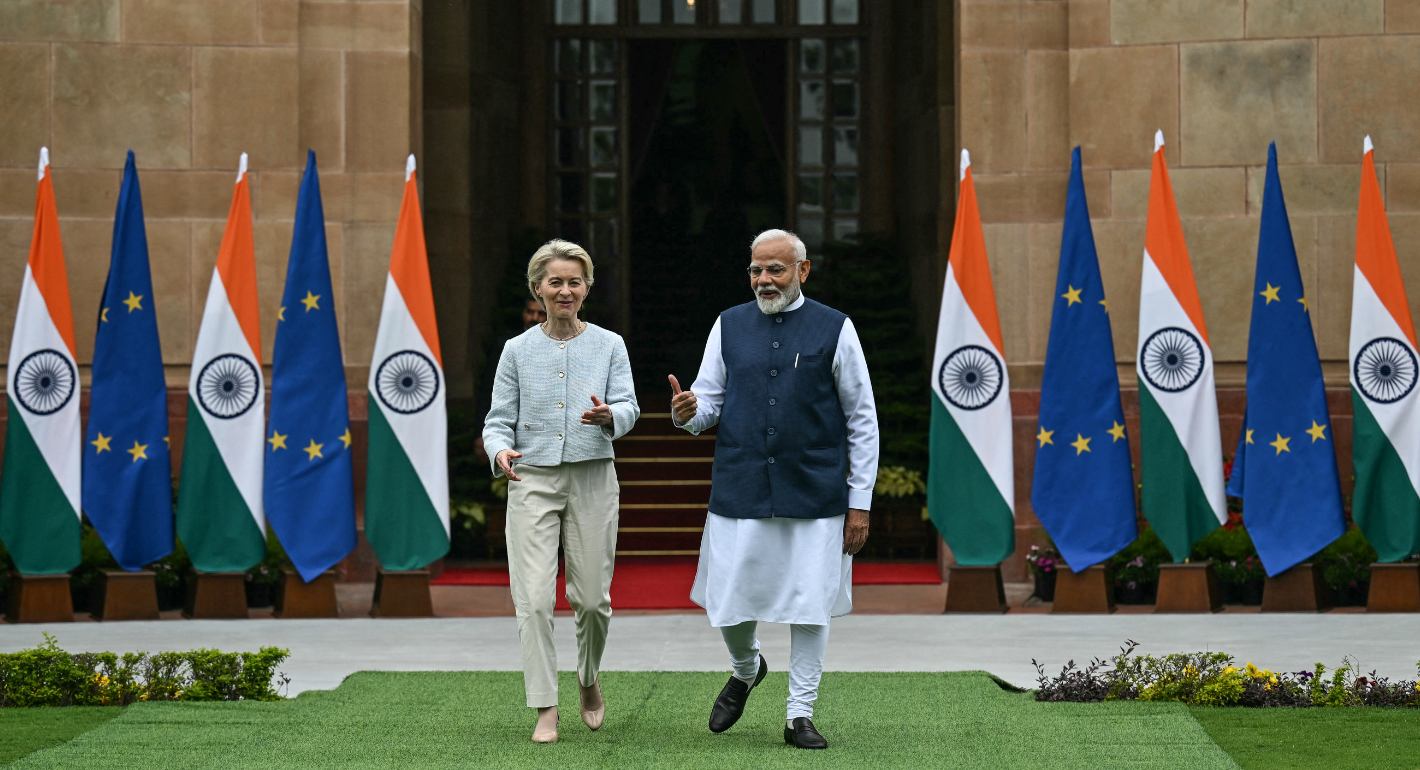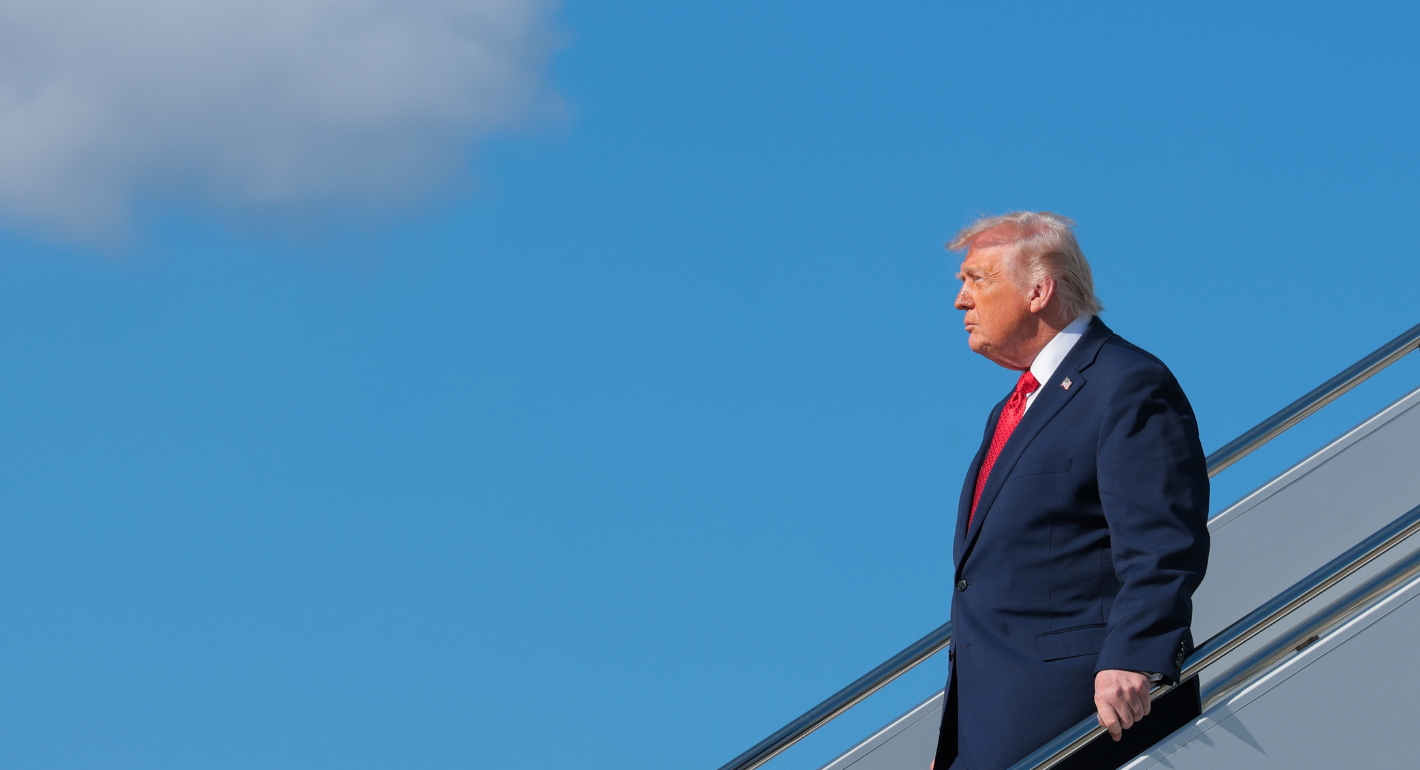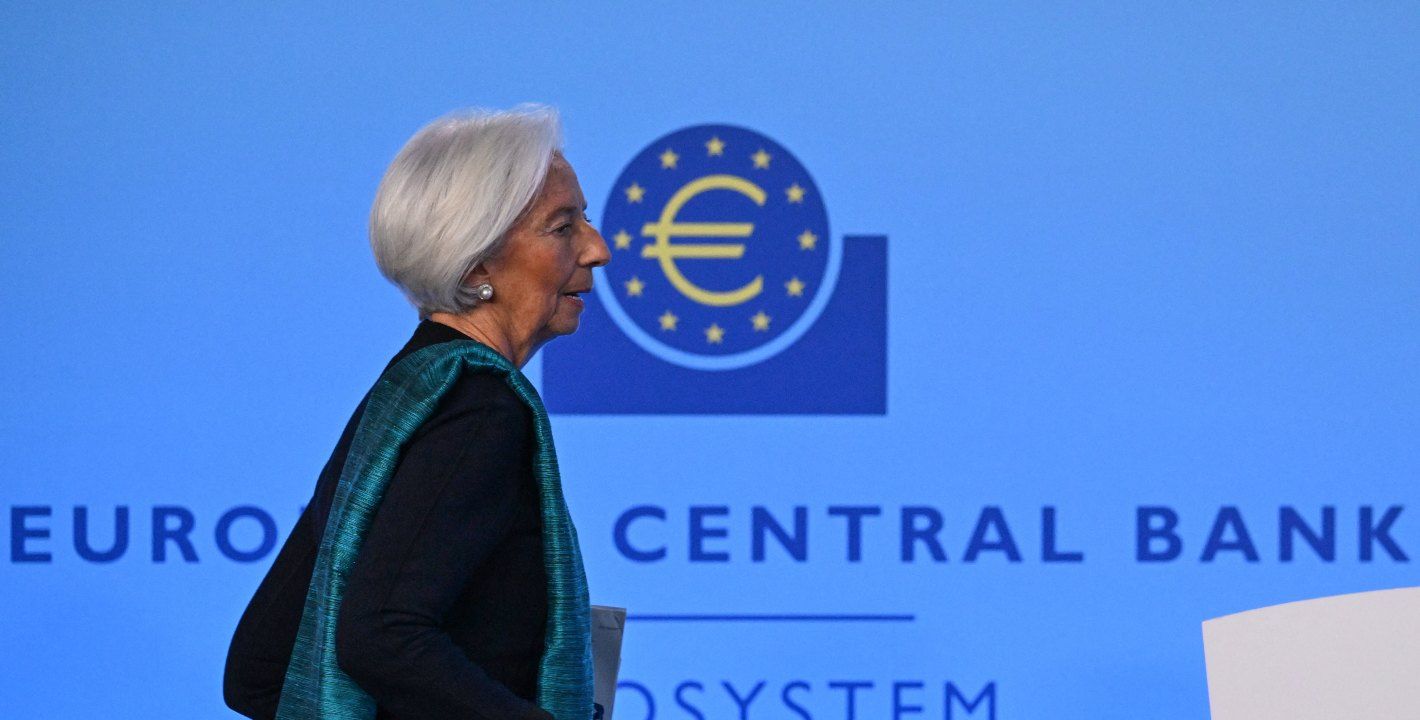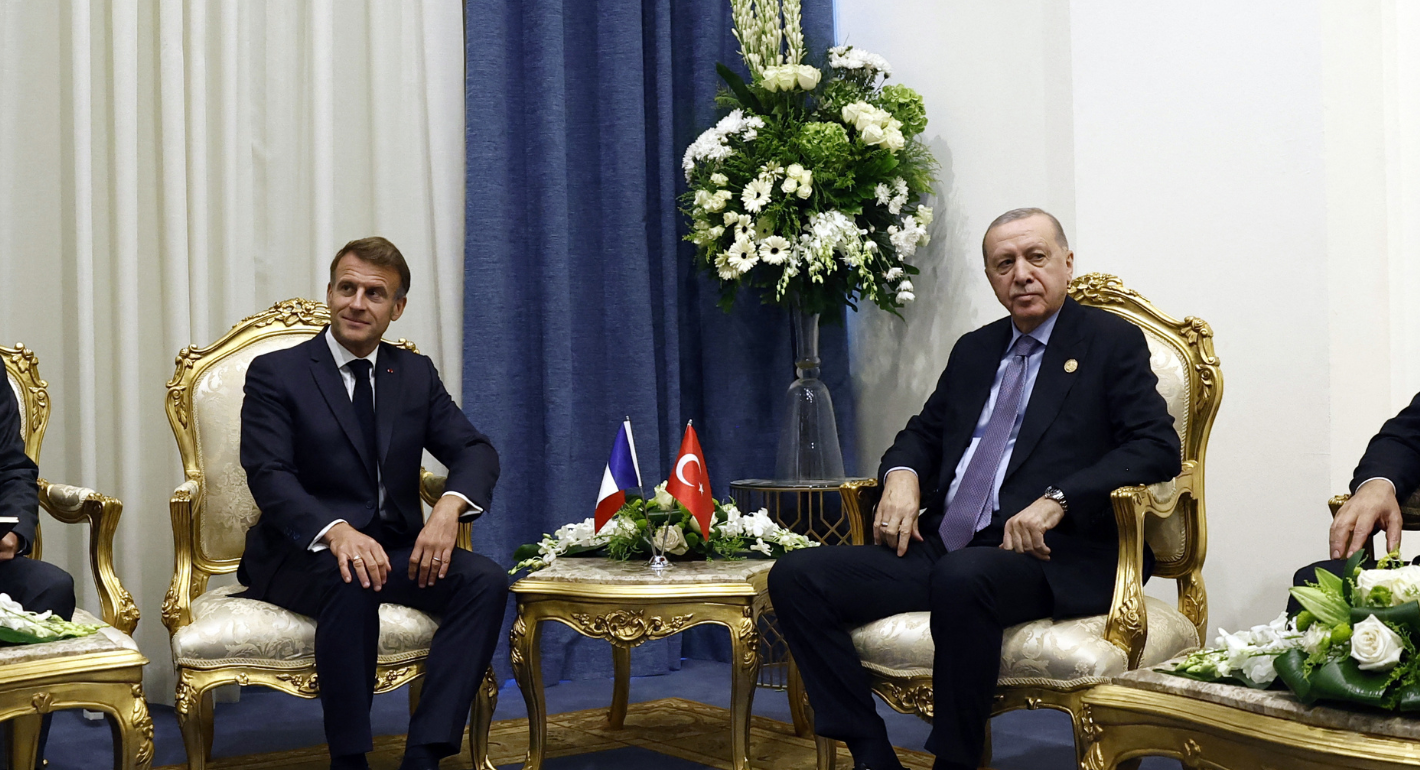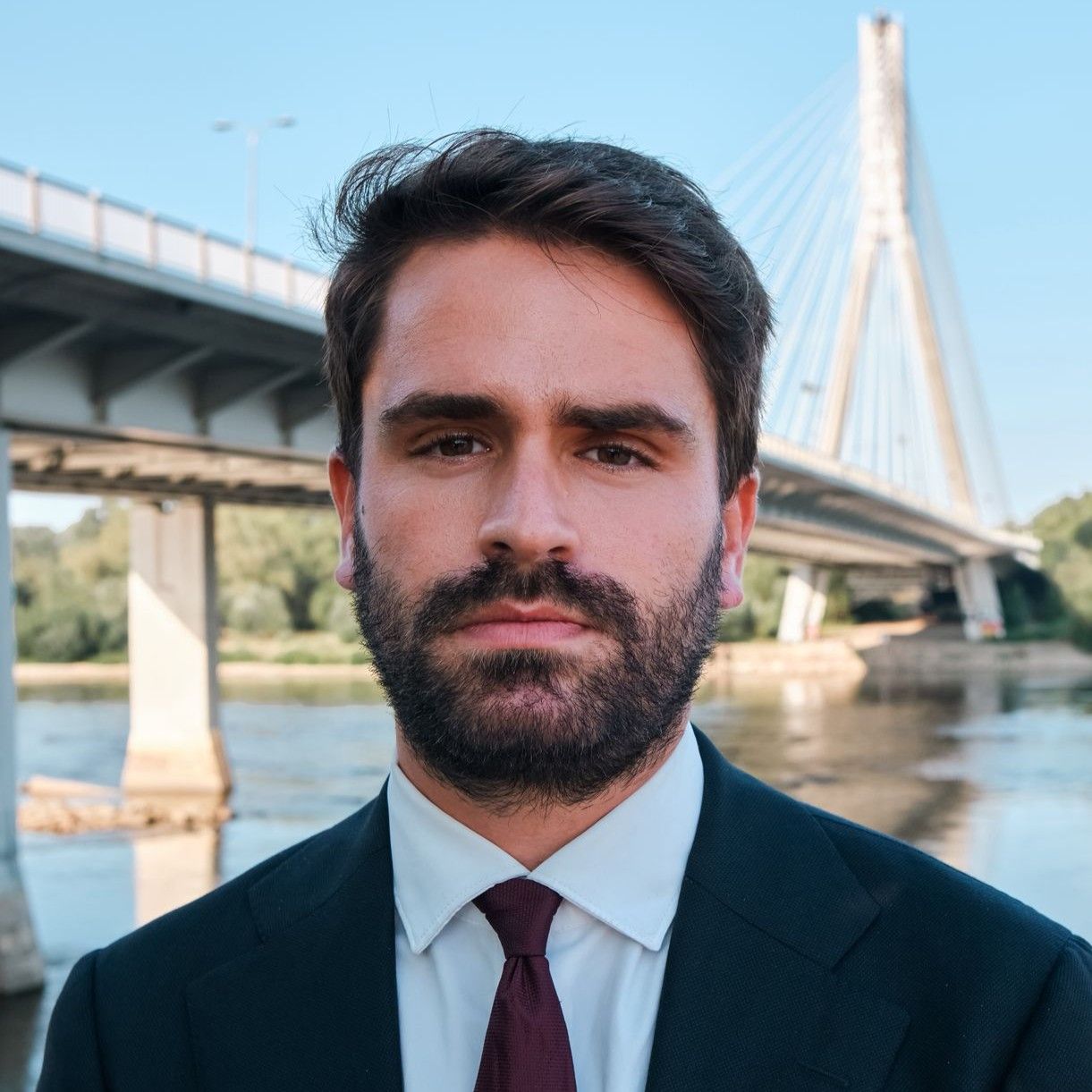From the president’s speeches, op-eds, and interviews during the UN General Assembly in September 2013 to the foreign minister’s use of Facebook and Twitter, all statements and expressions point to a more conciliatory stance. Even Iran’s negotiating team in Geneva has suddenly begun speaking English.
A closer look at the norms dimension reveals that here, too, there may be avenues for agreement. In particular, the nuclear fatwa of Supreme Leader Khamenei, which allegedly forbids nuclear weapons on religious grounds, may help to find a consensus with the international community’s nonproliferation rules. In contrast, both the dimensions of power and ideology in Iran are based on antagonism with the Western world, particularly the United States. In these areas, compromises will be difficult if not impossible.
Reading the new signals emanating from Tehran requires a broad understanding of the country’s needs and motivations. The four-dimensional analysis I propose may help formulate a new, constructive approach. Of course there will be disagreement. Israel’s Prime Minister Benjamin Netanyahu will continue to cry “wolf in sheep’s clothing.” He and his followers are certain to dismiss anything short of surrender as a ploy.
Yet improved communication may end up promoting further changes in the norms dimension, effectively opening the way to an agreement on the nuclear file. And contrary to what Iran’s critics argue, changing the tone of a conversation shaped by such profound enmity is no small feat. It is true that a change in the presidency does not amount to an overnight transformation of a whole country. But if you see communication as an integral part of politics, these changes are important enough to merit an appropriate response.
Certainly, it is worth testing the new Iranian government’s intentions. Nobody can afford to continue “business as usual” if that would mean missing an opportunity to solve this dispute. Likewise, new sanctions should be put off unless Iran fails to stick to the ambitious timetable it has proposed. There is no doubt that unilateral American and European sanctions have helped to get the regime engaged. But now that Iran is at the negotiation table, their extension would signal dishonesty.
The international community and Iran should work their way backwards, starting by establishing a basis for communication—which appears to have taken place—to working on shared norms, which is what the current negotiations over an interim agreement are about. This will only work as long as the West does not attempt to challenge the regime’s ideology and power disposition. As distasteful as these two dimensions may be to the Western world, they form the Islamic Republic’s fundament.
Don’t try to include an American-Iranian rapprochement, either. Relations between these two countries are simply too fragile for a “grand bargain” at this point. This was proven by the reactions from hardliners in both countries after Rouhani’s phone call with President Obama. For now, the P5+1 should stick to negotiating a comprehensive nuclear agreement.
Seeing communication as an essential part of this confrontation, the West would be well advised to step up its efforts to influence public opinion. On both sides of the Atlantic, communication is often undervalued, as if the conflict could be handled on the basis of pure facts and independently of their presentation. It is striking that after ten years of negotiations, the United States and the EU still don’t have a communication strategy.
Western partners will have to invest much more into communicating. Citing IAEA reports and UN resolutions is simply not enough. This is true if the next few days bring a preliminary deal, and even more so if they don’t. Americans and Europeans have to try to convince the world that they follow a legitimate and reasonable approach towards Iran. They also need to communicate their position to the Iranian public and their own critical domestic audiences.
Feeling in the right does not automatically win over other people—and for sure, the Iranians are also convinced that they are right. That’s why a successful Geneva III (as in “third time lucky”) should mark the beginning of a new and improved conversation.

